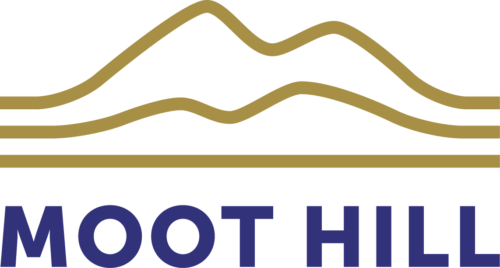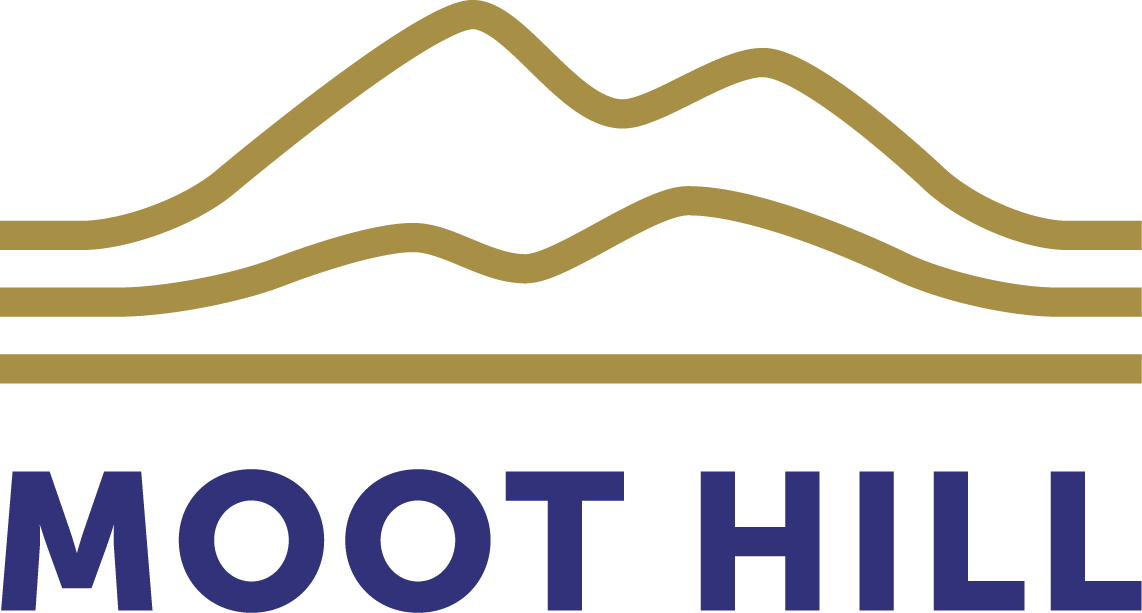Peter Theil’s book Zero to One starts with a great question: “What important truth do very few people agree with you on?”
My important truth is that mediation is for all – or should be.
Why raise this now?
Over the past 20 years, mediation has slipped out of the mainstream narrative into the preserve of the elite. Today it’s generally only available to the privileged few who can afford the high fees charged.
The buyers, who are mostly lawyers, demand it to be exclusive and delivered by highly qualified practitioners, who are also mostly lawyers.
However, while many of the most experienced mediators are expensive, a few exceptional people price their time and expertise to suit the parties’ needs.
And because the real advantage of mediation over going to court is the highly skilled mediator who drives the process, I believe mediators, should be everywhere, available to everyone.
The future of mediation
The Centre for Effective Dispute Resolution (CEDR) published its latest mediation audit in February. The number of mediations reported in 2022 was c17,000. That seems like a lot of cases for civil mediation, but not when you consider that in 2021, the civil courts received 1.6 million claims, and the family courts started with 266,000 cases.[1]
So why, when there are so many disputes that a few hours with a mediator could resolve, do relatively few mediations take place?
Mediation in the UK should aspire to be like the London Marathon: “a celebration of positivity, diversity and inclusion.”[2]
The London Marathon is available to all. 40,927 people took part in the event this year. Qualifying entrants need only to be in good shape, physically and mentally fit enough not to cause harm to themselves or others.
People run for many exceptional and admirable reasons. The most overwhelming are to help others by running for charity or in support of their family or community.
Separated off at the front are the elite racers. These are the pros who achieve times like 2:01:25[3]. They take part in races all over the world, seeking celebrity and riches.
The mediation industry, like elite running, has its celebrities. The competition to get into the top echelon is hard and expensive, not for the faint-hearted. However, most of these mediators are lawyers and nothing like the diverse and inclusive groups of communities they could serve.
To reach everyone, mediators should be from all walks of life. They should be a diverse group of people who are innovative, knowledgeable, commercially astute, calm and brave. People with experience who can communicate with discretion and respect.
The elite group of mediators should grow to include bank managers, company directors, tradespeople, builders, developers, local government officers, armed service personnel, military veterans, teachers, accountants, architects, doctors and nurses and so on. Not simply people who are legal professionals.
“I had rather have a skilled, neutral, negotiating mediator who knows what he is working for and loves what he knows, than that which you call a lawyer and is nothing else.”
A force for good
To enter the mediation marathon, you don’t have to be an elite. You just have to be physically and mentally fit enough to deal with the issues you’ll face, able to communicate clearly, with strong values that allow you to be neutral.
Like the impact of the London Marathon, what a difference a couple of hours with a mediator could make if only they were available to everyone.
At Moot, we’d be delighted to help make this happen.
………….
[1] Source – https://commonslibrary.parliament.uk/research-briefings/cbp-8372/
[2] Source https://www.tcslondonmarathon.com/news-and-media/latest-news/the-futures-bright-for-the-tcs-london-marathon
[3] Source https://results.tcslondonmarathon.com/2023/?pid=leaderboard&pidp=leaderboard

